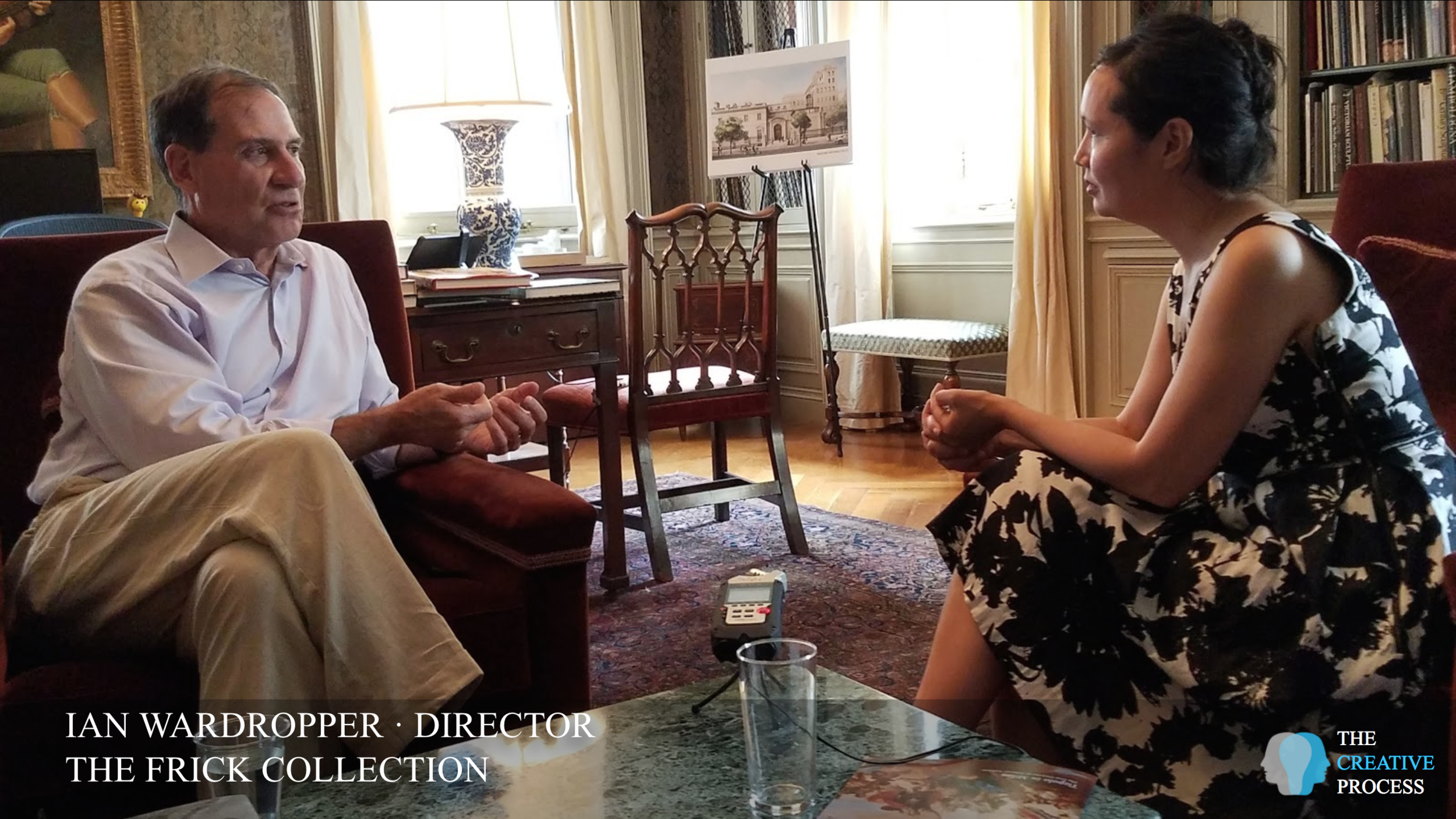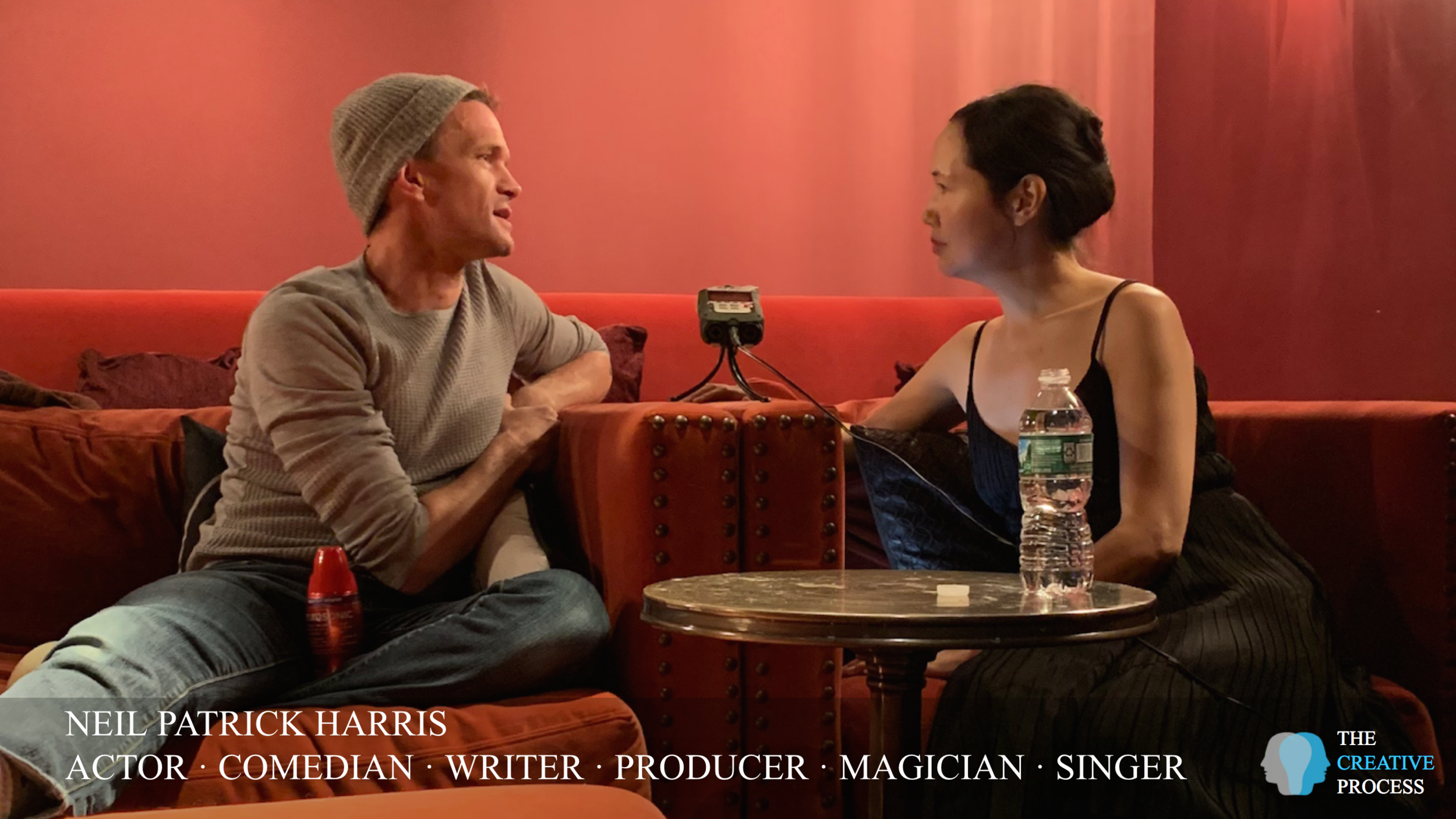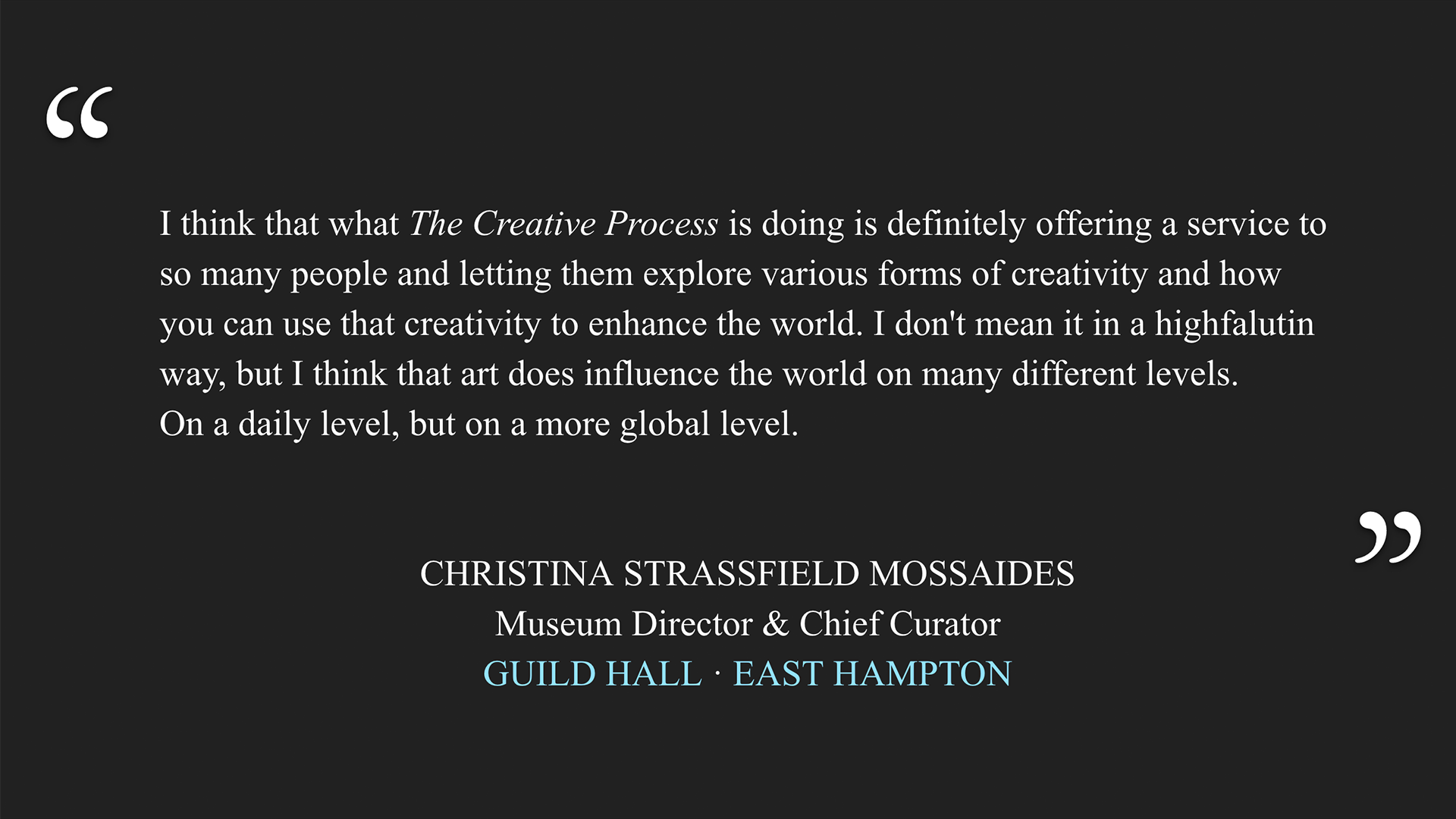Jay McInerney lives in Manhattan and Bridgehampton, New York. He is a regular contributor to The Guardian and Corriere della Sera, and his fiction has appeared in The New Yorker, Esquire, Playboy, Granta, and The Paris Review. In 2006, Time cited Bright Lights, Big City as one of nine generation-defining novels of the twentieth century, and The Good Life received the Prix Littéraire at the Deauville Film Festival in 2007. How It Ended: New and Collected Stories (2009) “reminds us,” Sam Tanenhaus wrote in The New York Times Book Review, “how impressively broad McInerney’s scope has been and how confidently he has ranged across wide swaths of our national experience. His third novel charting the lives of Corrine and Russell Calloway is Bright, Precious Days.
McINERNEY
In the course of writing a novel I will sometimes lock myself away. During most of my previous novels there comes a point where I just go to the country and hide for 5 or 6 weeks. Sometimes it’s the first draft, sometimes it’s the second. There are periods when I feel like you just have to cut out the world and listen to the voice in your own head. So I regularly take periods of a month or two in the course of each of these novels to isolate myself from the world. I used to borrow country houses from friends. [...] Sometimes I used to go to Yaddo, which is a writer’s retreat.
THE CREATIVE PROCESS
That’s where you wrote your first novel?
McINERNEY
Yaddo? Ah, no. Unfortunately to get into Yaddo you have to have some sort of an accomplishment as an artist. When I was writing my first novel I didn't have anything. No, I wrote my first novel in various... oh, I don't know, I guess I wrote part of it in the city and another part of it when I was in graduate school. When I wrote my first novel I was in Syracuse studying with Tobias Wolff and Raymond Carver. And the summer after my second year there I wrote most of Bright Lights, Big City.
THE CREATIVE PROCESS
When did you know you were a writer? When did you make that decision?
McINERNEY
Well, it turns out I think I've been writing ever since I was very young. When my father died I came across some things that he had saved that I wrote when I was 5, 6 and 7 years old. But the first time I really remember getting excited about writing was when I was in 9th grade, when I was about 15 and I discovered the work of Dylan Thomas, the Welsh poet. That really got me interested in language and in fact for quite a while I wanted to be a poet rather than a fiction writer. It was only when I got to college, when I started reading Hemingway and James Joyce and people like that, then I changed my focus to fiction.
THE CREATIVE PROCESS
Your writing is also suffused with poetic elements. I think of your first novel... there’s a great sensitivity. The poetry, you can still hear it there.
McINERNEY
I hope so. Thank you.
THE CREATIVE PROCESS
It’s interesting because it is satirical and has all those elements, but I don't know if it’s even fashionable to say––it’s also romantic.
McINERNEY
It’s true–I mean, I think there is a romantic element in my work which makes it a little different than some of my peers.
THE CREATIVE PROCESS
It’s a difficult line to cross. I'm thinking now of your characters Russell and Corinne Calloway. You have this great affection for them and their mistakes and this distance that you write from.
McINERNEY
It’s funny that you mention Russell and Corinne because I just finished a new novel about them which is coming out in September. I just turned in the final final, final edit last night. And that’s why it took me a while to get back to you. I was just, you know, working 13 hours a day here until last night.
THE CREATIVE PROCESS
Okay, wow. So how long have you been working on that novel? That’s the third book you've written about them now?
McINERNEY
Yes, the third book. I think this one probably took me two and a half or three years. I'm going to have to go back and see when I started. All together, I probably started them about three years ago. But in the mean time I wrote another. In 2010, I wrote another novel that I just eventually decided not to publish, so there’s sort of a lost novel there. But maybe now I'll go back to it see if I can figure it out and fix it. But I think every novel is a new challenge and it’s not like being a lawyer where you just master basic skills and that’s that, I mean, I think there has to be an element of passion and magic that eventually comes along with the craft and the structure and the things that you can learn by rote. And in the case of this novel that I wrote in 2010, I just ultimately felt that it never really took off. It didn't catch fire. So that was in 2010 and 2011, and then I knew I wanted to go back and write about Russell and Corinne, which I started in 2012. The book will come out in the U.S. and England in September.
THE CREATIVE PROCESS
It’s interesting because these characters are obviously very close to you and sometimes we want to avoid the things that come–I don't want to say easiest–but what comes naturally. I mean, you were writing the other book, but were then drawn back to these characters.
McINERNEY
When I was writing the second one I realized there would probably be a third. Of course, when I was writing the first one many many years ago, I don't think it occurred to me that I would revisit these characters, but they really stayed with me. You know I'm a great fan of John Updike’s Rabbit novels, and it’s very interesting to see people develop over time. And in the case of Russell and Corinne now, I will have followed them for 25 years at this point. 25 years of their lives. When I first started writing about them they were in there 20's. In this book they both turn 50.
THE CREATIVE PROCESS
Will this be the last one, or are you going to keep it open?
McINERNEY
I don't know, I guess it depends on how much they kind of speak to me. Three is a good number, then I can call it a trilogy, but I just don't know. I mean of course now I'm eager to do other things because I've been living with them for the last 2 and a half years, and I want to get away, try something really different. I want to write some short stories. I want my next novel to be something short and voice-driven. I mean this is a very long, really complex novel written in the third person, and I'm kind of eager to do something that’s more...
THE CREATIVE PROCESS
You're pretty good at second person.
McINERNEY
Well, I was thinking about that this morning, but if Bright Lights, Big City had been a little less successful it would be easier for me to write in second person again. But I just feel like the moment I write in the second person I’m afraid everyone will accuse me of imitating myself. Trying to recapture the magic of Bright Lights.
THE CREATIVE PROCESS
Isn’t that horrible? How can you imitate yourself when you are yourself? But it’s difficult, isn't it? This double standard, because at the same time they do want you to repeat yourself when you’re successful, but then accuse you of...
McINERNEY
I do certainly have a short novel in mind, and I was trying to decide this morning whether it suited me or whether it would lend itself to the second person or not, and I guess the only way to discover that is to try. I think, there’s only so much you can think out in advance when you're talking about fiction. You really have to realize your ideas through language, so until you start writing you don't really know.
THE CREATIVE PROCESS
You know, I'm very interested in these questions about POV. Maybe if the POV was a female character it would be less joined to that early second person perspective?
McINERNEY
I love that. I don't know if you've read my third novel Story of My Life? It was entirely from a woman's point of view, although it was first person, not second person. But that’s the kind of book that I feel like writing now, something that’s very voice-driven. Whether it’s first or second person. Something that is carried by the power of the voice. And that was certainly true of Bright Lights, Big City and that was true of Story of My Life. In some ways those books felt like they wrote themselves. I mean, obviously I worked hard, but I felt like I was often just carried along by the rhythm and the power of these voices that I had gotten hold of.
THE CREATIVE PROCESS
I think the way television is changing and the way everything is changing, I think people are very attracted to voice-driven narratives because they receive the rest in these other mediums.
McINERNEY
That’s true.
THE CREATIVE PROCESS
Would you like to talk a little bit about Story of My Life. I know the character Alison Poole was based on Rielle Hunter.
McINERNEY
It was vaguely, you know, it’s fiction. I dated this girl Rielle Hunter, and I was sort offascinated by her and her friends and it inspired the story. It was a novel. Partly it was the way they spoke. It intrigued me and so I sort of took these voices and ran with it.
THE CREATIVE PROCESS
Well, it’s not a bad thing to be based on or to be inspired by life. Other wise you’re just–
McINERNEY
It’s true, you know, which most fictions are. No, it’s just a little weird the way that book has been tied into this big scandal involving John Edwards. (Reille Hunter had an affair and conceived a child with 2004 Democratic Party vice-presidential nominee John Edwards.) And it really it had nothing to do with that. But I still have a great soft spot for that book and, strangely enough, people like my friend Julian Barnes, who you wouldn't necessarily consider that to be his cup of tea, but I think that’s his favorite of all my books. But I like that it has a certain completeness, I don't want to say perfection, but it’s sort of completely realized and self-contained in a way that the longer, more sprawling third person novels almost can't be. Sometimes limitations can be freeing. It’s a little bit like rhyme and meter in poetry. And in the case of Story of My Life it was a limited point of view because the girl that I was writing about, she was really a girl, she was just turning 21. And she had a limited point of view, she wasn't someone who had mastered all the knowledge of the world and had a lifetime of experiences behind her. She was young and not hyper-educated and so working within those limitations it allowed me to focus and it meant certain choices were made for me in advance. It certainly would have been harder for me to write about a woman who was a 60 year old nuclear scientist who had cancer, say.
THE CREATIVE PROCESS
Yeah, it would be harder to find the poetry.
McINERNEY
You know there were certain limitations to that character which defined the whole shape of the novel. I'd love to find a voice like that again.
With special thanks to Lethokuhle Msimang for editorial assistance.
Artwork by Mia Funk
If your university or magazine would like to participate in the interlinking online exhibition, contact us.
Mia Funk is an artist, interviewer and founder of The Creative Process.




























































































